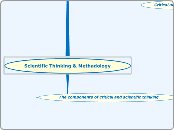by Esraa E 17 years ago
346
Scientific Thinking & Methadology by Esraa

by Esraa E 17 years ago
346

More like this
However it can also be unreliable